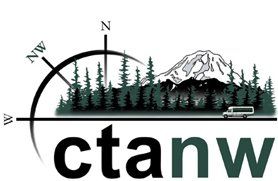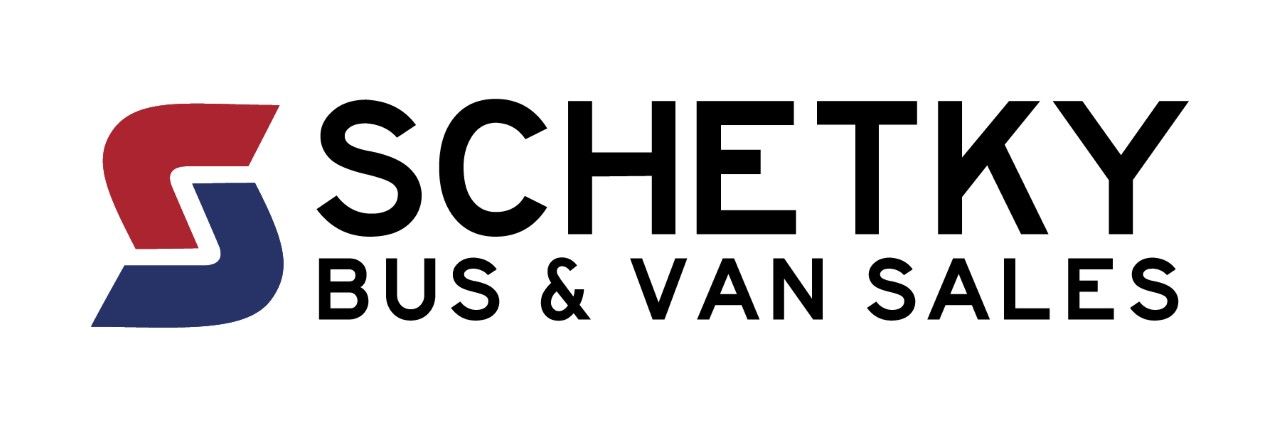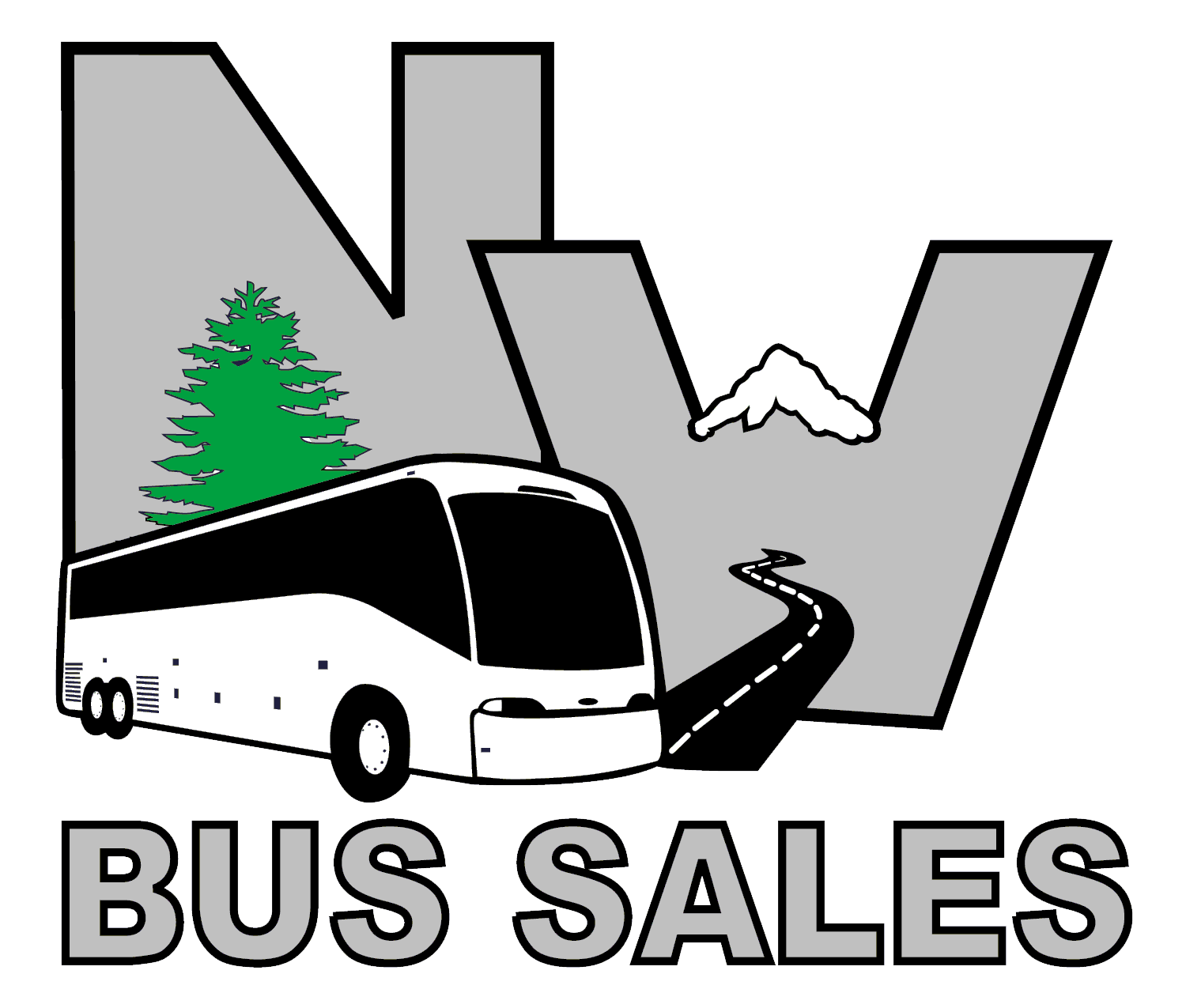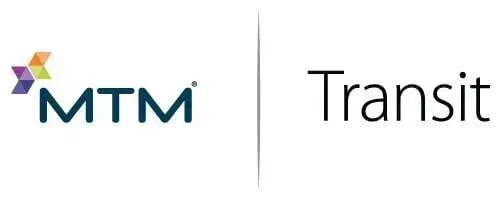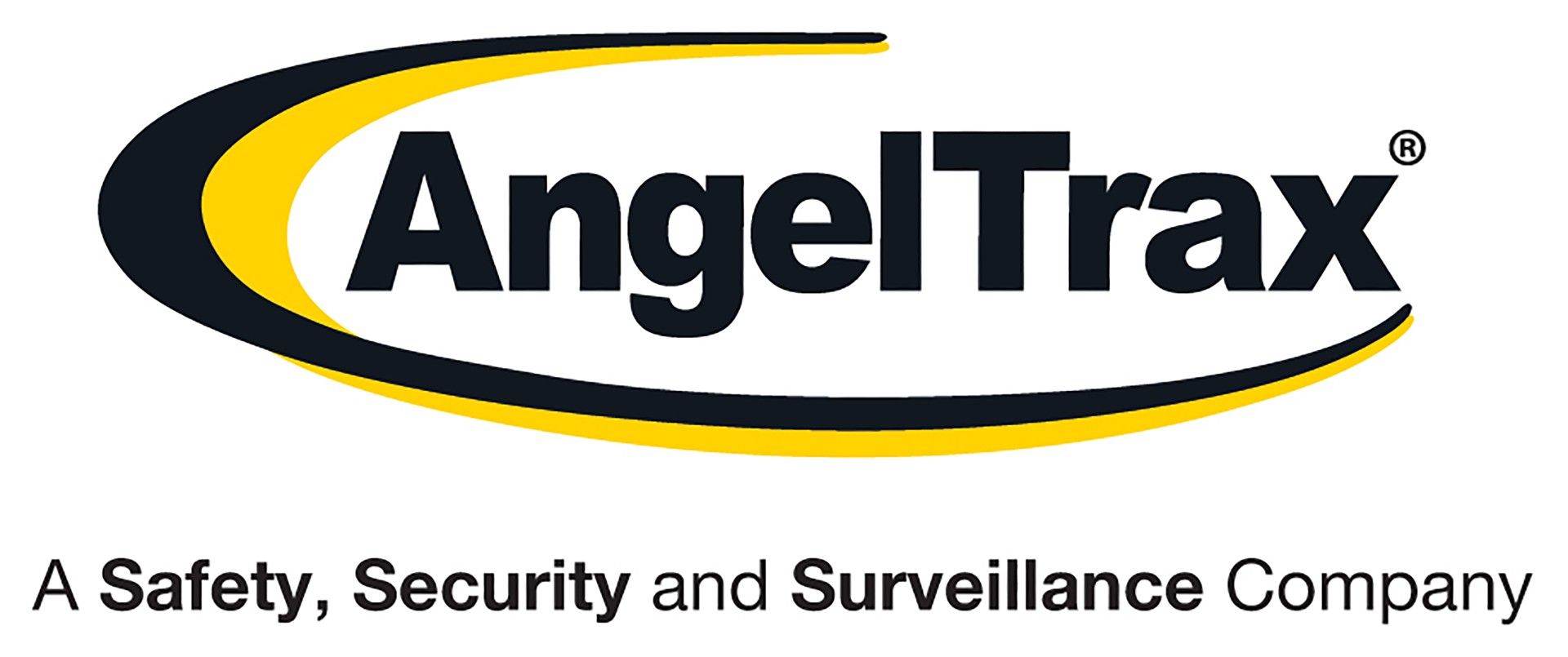CTANW Advocacy & Legislative Agenda for Washington State
CTANW's membership adopts a Washington Advocacy & Legislative Agenda in line with CTANW's mission, vision, values and Advocacy/Legislative Platform each year at the CTANW Annual Meeting.
Draft CTANW 2025 Advocacy & Legislative Agenda:
Protect and expand funding for specialized transportation services
The Climate Commitment Act (CCA) and other multimodal revenue sources are critical to meet our mobility, equity, climate, and safety goals. The Move Ahead Washington package dedicated $70 million to special needs transit grants and $13.3 million to tribal transit grants — grant programs specifically designed to benefit people with disabilities and older adults, especially in rural Washington. In addition, Move Ahead dedicated $290 million to safe routes to school projects and $146 million to the Transportation Improvement Board’s Complete Streets program — which are programs that will significantly benefit the ability of young people to safely walk to schools across Washington State and will help revitalize rural downtowns. We will support the protection of these funds and further work to:
- Maintain and protect Transit Support Grants and Youth Ride Free funding.
- Ensure sufficient revenue to adequately fund implementation of Complete Streets policy.
- Ensure transparency of CCA equity-based solutions and outcomes.
- Fund the proposed Mobility Partnership Grant program.
Establish and Fund the Mobility Partnership Grant Program
Dozens of important transportation services go unfunded each year, leaving significant mobility gaps for rural areas, people with disabilities, low-income households, and older adults. The proposed Mobility Partnership Grant would fill the funding gap between the Commute Trip Reduction (CTR), Consolidated, and Regional Mobility Grant Programs, helping to solve mobility problems such as access to and jobs at small businesses and to food and service in rural areas with no/few public transportation options. For example, a coalition is currently working on a proposal to fund trips for low-income individuals to Yakima County family court appointments. By funding this new Mobility Partnerships Program, the state will have better tools for addressing equity and climate considerations.
Set the stage for an equitable Road Usage Charge (RUC)
The gas tax, which makes up more than half of our state’s transportation funding, is declining due to increased fuel efficiency. A RUC is an innovative way to create robust, progressive, and holistic transportation funding and outcomes. In alignment with state goals for climate change and equity considerations, we urge legislators to pursue policies for building affordable, age- and ability-friendly communities that support more homes, businesses, and destinations within a walking distance and support additional transportation options for people who cannot drive due age, ability, or affordability. The RUC should be coordinated with local pricing mechanisms and maintain provisions and priorities for tribes and public and nonprofit transit.
Protect the Effective and Efficient Delivery of Specialized Transportation
Support efforts that facilitate safe, cost-effective, and efficient delivery of specialized transportation services, projects, and governance. Monitor legislation which impacts those efforts, including but not limited to, funding, OPMA, land use development, public records, procurement, leased land management, insurance, and changes to RCWs about specialized transportation services. When necessary, oppose legislation that would negatively impact transportation providers and riders.
Ensure the continuation of HOV lane inclusion for NEMT vehicles enroute to pick up a passenger.
CTANW was instrumental in establishing a pilot project that allowed NEMT vehicles to utilize HOV lanes when only the driver is onboard in order to get to patients on time. This project has been in place since 2022 and we believe that making this rule permanent would be in the best interest of our members and their passengers.
CTANW Also Supports:
- Transit-oriented development policies that increase affordable housing near transit.
- Road safety bills such as lower DUI limits.
- Implementation of WSDOT’s performance-based investment pilot to help Washington spend to achieve our values.
- Incentivize the transition to zero-emission fleets without establishing requirements on public and private transit agencies that extend beyond their financial abilities and zero-emission technologies.
- Support local government partners and state efforts to provide additional funding for behavioral health treatment, and effective intervention resources to address the statewide tragedy of substance addition that impacts many of our state’s residents, including those who are dependent on transit and specialized transportation services.
